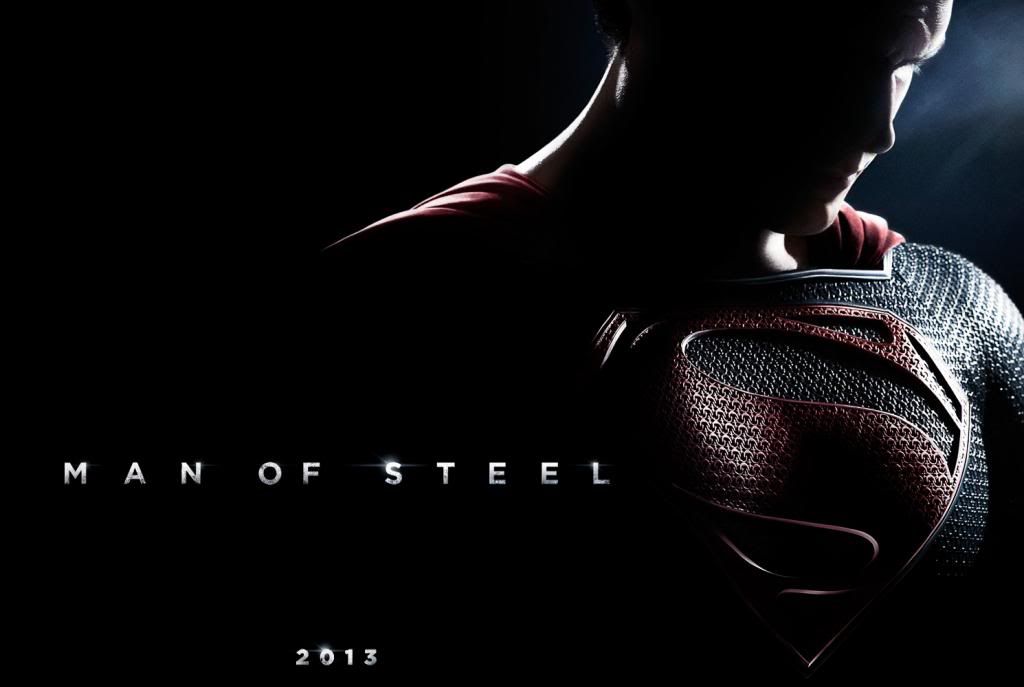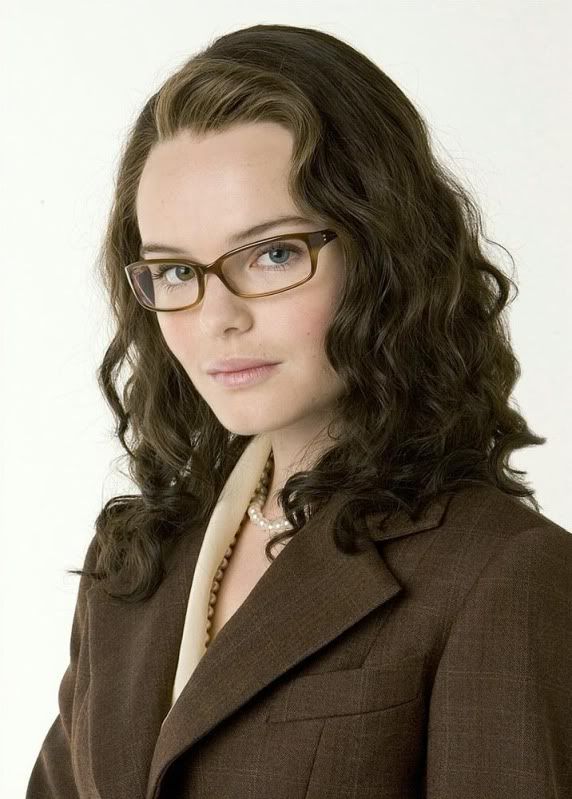Return from the North — Blue Ink Alchemy
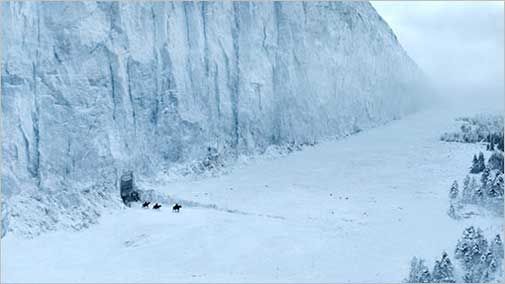
Actually, yes, we did get some snow.
Blue Ink Alchemy

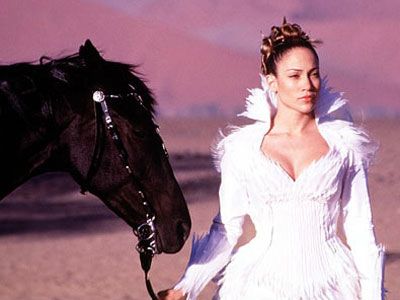
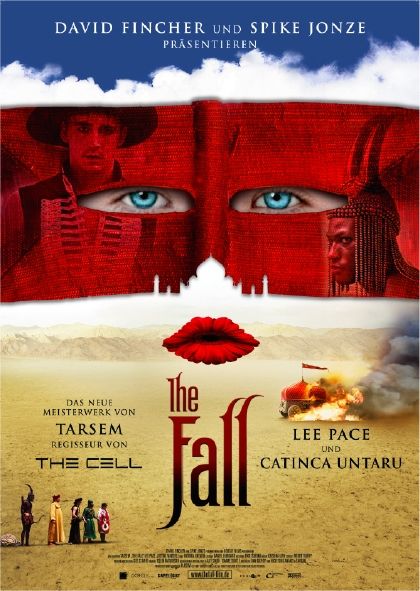
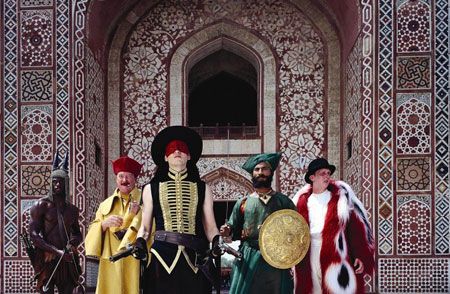
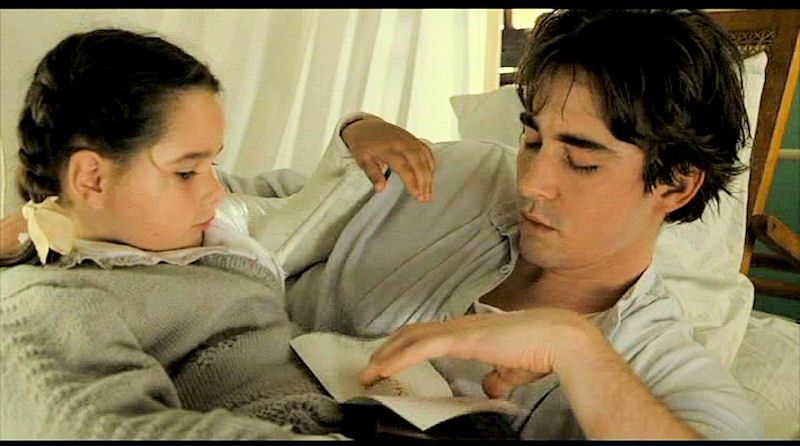




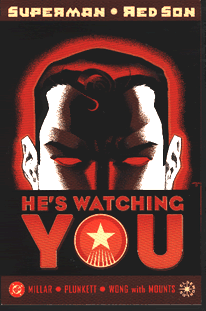 Think of a favorite story of yours, or a beloved character. Chances are there are things about that story or character you take for granted. Here are some examples: Superman fights for truth, justice and the American way. Aragorn is proud of his heritage and wishes to reclaim his throne. Buffy learns of her destiny as a Slayer while she's a cheerleader in high school. Tyr's hand is devoured by a dire wolf named Fenrir. Change one thing about any of those stories, and everything changes. Warren Ellis changed one thing about Superman. If his spaceship had crashed on Earth twelve hours earlier, it would have landed in Sibera, not Kansas. Hence, Red Son, one of the most audacious and comprehensive Elseworlds stories I've ever read. No aspect of the DC Universe is unaffected by this one matter of timing, from Kal-El's relationship with Diana of the Amazons to Hal Jordan's origin as a Green Lantern. Superman becomes a heroic symbol of Communist Russian under Stalin, all because of the Earth's rotation.
Think of a favorite story of yours, or a beloved character. Chances are there are things about that story or character you take for granted. Here are some examples: Superman fights for truth, justice and the American way. Aragorn is proud of his heritage and wishes to reclaim his throne. Buffy learns of her destiny as a Slayer while she's a cheerleader in high school. Tyr's hand is devoured by a dire wolf named Fenrir. Change one thing about any of those stories, and everything changes. Warren Ellis changed one thing about Superman. If his spaceship had crashed on Earth twelve hours earlier, it would have landed in Sibera, not Kansas. Hence, Red Son, one of the most audacious and comprehensive Elseworlds stories I've ever read. No aspect of the DC Universe is unaffected by this one matter of timing, from Kal-El's relationship with Diana of the Amazons to Hal Jordan's origin as a Green Lantern. Superman becomes a heroic symbol of Communist Russian under Stalin, all because of the Earth's rotation. 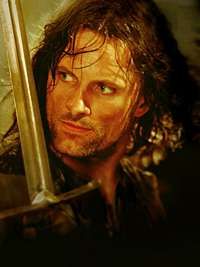 Aragorn changed in Peter Jackson's films. Instead of reforging Narsil the red-hot second he reaches Rivendell in his eighty-sixth year, Aragorn shrinks from his destiny. He fears the weakness of men, unconvinced that the blood of Numenor makes him any different from the weak and corrupt people he's met and will meet. While some die-hard fans of Tolkien's works threw back their heads and howled at this change (among others), I found this made his character deeper, more realistic and much more interesting and appealing. How many of us are that confident in our own abilities, our own destinies? How many of us entertain doubts about our futures and our capacity to meet the challenges awaiting us? Aragorn, despite his long lifespan and epic destiny, seems much more like us, and thus we are drawn deeper into his story and that of the Fellowship.
Aragorn changed in Peter Jackson's films. Instead of reforging Narsil the red-hot second he reaches Rivendell in his eighty-sixth year, Aragorn shrinks from his destiny. He fears the weakness of men, unconvinced that the blood of Numenor makes him any different from the weak and corrupt people he's met and will meet. While some die-hard fans of Tolkien's works threw back their heads and howled at this change (among others), I found this made his character deeper, more realistic and much more interesting and appealing. How many of us are that confident in our own abilities, our own destinies? How many of us entertain doubts about our futures and our capacity to meet the challenges awaiting us? Aragorn, despite his long lifespan and epic destiny, seems much more like us, and thus we are drawn deeper into his story and that of the Fellowship. 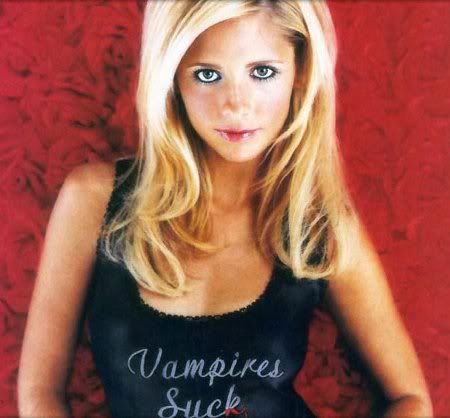 Imagine if Buffy found out she was a Slayer at a younger age. Let's say she's six years old, her daddy's attacked by a vampire at an amusement park and she stakes it with a popsicle stick. Just pure instinct: she jumps onto the monster and drives the wood home through sheer panic. How would her story change? How shallow would she really be with blood on her hands at such a young age? Or go the other direction. Buffy's in her twenties, married to some pretty jerk who has no time for her, so she fills her days shopping and gossiping. It could be like any episode of Sex & the City until the vampires get involved. How reluctant would she be to respond to the call? What if her husband tried to turn things around given her drastic change in lifestyle, only to discover she's had an affair with Angel? Think about it. I mentioned Tyr because of The Drifter's Hand, obviously. It was more a change of genre than a change of events, but it was still an interesting exercise. I plan other changes, as well, for most of the works I have on various burners. The downside is, more rewriting is required. But if the end result works better, it will be worth it. What stories would you change, if you could?
Imagine if Buffy found out she was a Slayer at a younger age. Let's say she's six years old, her daddy's attacked by a vampire at an amusement park and she stakes it with a popsicle stick. Just pure instinct: she jumps onto the monster and drives the wood home through sheer panic. How would her story change? How shallow would she really be with blood on her hands at such a young age? Or go the other direction. Buffy's in her twenties, married to some pretty jerk who has no time for her, so she fills her days shopping and gossiping. It could be like any episode of Sex & the City until the vampires get involved. How reluctant would she be to respond to the call? What if her husband tried to turn things around given her drastic change in lifestyle, only to discover she's had an affair with Angel? Think about it. I mentioned Tyr because of The Drifter's Hand, obviously. It was more a change of genre than a change of events, but it was still an interesting exercise. I plan other changes, as well, for most of the works I have on various burners. The downside is, more rewriting is required. But if the end result works better, it will be worth it. What stories would you change, if you could? Artists come in all shapes and sizes. Some paint, some create music, others bring out the statues held captive by blocks of stone and still others start with blank pages to create new worlds and memorable characters. But regardless of the art involved, all artists need to face an unfortunate and ugly truth. Not everything an artist creates is going to be good. In fact, a lot of it will struggle to merely be mediocre. It isn't an easy thing to admit to oneself. I know of some people who perform and create without any real talent or passion, and the lack of commitment shows. Not only are such charlatans unwilling to practice or improve, they're all but immune to criticism. To even intimate that they are performing at a less than exceptional level is tantamount to blasphemy in their minds. They'll never, ever look at their work from a point of view outside of their own and realize the flaws in it, be they minute or monstrous. To be honest, I feel sorrier for them than I do the other extreme. We are our own worst critics, and there are those who focus on their flaws and shortcomings entirely too much. All they see in their art is the mistakes they make. They don't see the forest, or even necessarily the trees, just a tiny bit of bird crap on a single leaf; next thing you know they're burning the forest down because "it's all shit." They may have talent and passion, and they might be aware of how practice would improve their art, but they lack the motivation because of how they see everything they create. It's a difficult obstacle to overcome. To be successful, I feel an artist should be somewhere in the middle. Hold on to what you do that's good, and work your way past the rest. Know in your heart and your mind that you do good work, but don't boast about it even when people tell you how good it is. Find the right balance between ego and humility. And know that stuff you do may very well suck. I've heard it said that every artist has 10,000 bad drawings in them; you just have to get past those. I'd venture to say most writers have at least ten times that many bad words they need to write before things start getting good. And even then, it might not get you anywhere. Remember that metaphor for getting a novel finished, the one where you put a bucket on your head and slam it against a brick wall until either you or the wall fall over? Some writers go through multiple buckets because they're just that stubborn. I think I'm on my third. The important thing is not to give up. Know some stuff you write will suck. Accept that, and write through it. Pull out the old Lucas-flavored line of "I'll fix it in post." Write the stuff that sucks, then peel away the sucky stuff until all that's left is good stuff. And if you can't kick your ass into gear to do it, find someone else to do it for you. I'll kick your ass, friends, if you kick mine.
Artists come in all shapes and sizes. Some paint, some create music, others bring out the statues held captive by blocks of stone and still others start with blank pages to create new worlds and memorable characters. But regardless of the art involved, all artists need to face an unfortunate and ugly truth. Not everything an artist creates is going to be good. In fact, a lot of it will struggle to merely be mediocre. It isn't an easy thing to admit to oneself. I know of some people who perform and create without any real talent or passion, and the lack of commitment shows. Not only are such charlatans unwilling to practice or improve, they're all but immune to criticism. To even intimate that they are performing at a less than exceptional level is tantamount to blasphemy in their minds. They'll never, ever look at their work from a point of view outside of their own and realize the flaws in it, be they minute or monstrous. To be honest, I feel sorrier for them than I do the other extreme. We are our own worst critics, and there are those who focus on their flaws and shortcomings entirely too much. All they see in their art is the mistakes they make. They don't see the forest, or even necessarily the trees, just a tiny bit of bird crap on a single leaf; next thing you know they're burning the forest down because "it's all shit." They may have talent and passion, and they might be aware of how practice would improve their art, but they lack the motivation because of how they see everything they create. It's a difficult obstacle to overcome. To be successful, I feel an artist should be somewhere in the middle. Hold on to what you do that's good, and work your way past the rest. Know in your heart and your mind that you do good work, but don't boast about it even when people tell you how good it is. Find the right balance between ego and humility. And know that stuff you do may very well suck. I've heard it said that every artist has 10,000 bad drawings in them; you just have to get past those. I'd venture to say most writers have at least ten times that many bad words they need to write before things start getting good. And even then, it might not get you anywhere. Remember that metaphor for getting a novel finished, the one where you put a bucket on your head and slam it against a brick wall until either you or the wall fall over? Some writers go through multiple buckets because they're just that stubborn. I think I'm on my third. The important thing is not to give up. Know some stuff you write will suck. Accept that, and write through it. Pull out the old Lucas-flavored line of "I'll fix it in post." Write the stuff that sucks, then peel away the sucky stuff until all that's left is good stuff. And if you can't kick your ass into gear to do it, find someone else to do it for you. I'll kick your ass, friends, if you kick mine. Whatever walk of faith you might be on (if any) Whatever wish you have for this season (if any) No matter where you go Or who you are with I pray for you to be happy I pray for you to be at peace I pray for you to know great love And I pray for you to give love in return.
Whatever walk of faith you might be on (if any) Whatever wish you have for this season (if any) No matter where you go Or who you are with I pray for you to be happy I pray for you to be at peace I pray for you to know great love And I pray for you to give love in return.  Merry Christmas!
Merry Christmas! Whatever walk of faith you might be on (if any) Whatever wish you have for this season (if any) No matter where you go Or who you are with I pray for you to be happy I pray for you to be at peace I pray for you to know great love And I pray for you to give love in return.
Whatever walk of faith you might be on (if any) Whatever wish you have for this season (if any) No matter where you go Or who you are with I pray for you to be happy I pray for you to be at peace I pray for you to know great love And I pray for you to give love in return.  Merry Christmas!
Merry Christmas!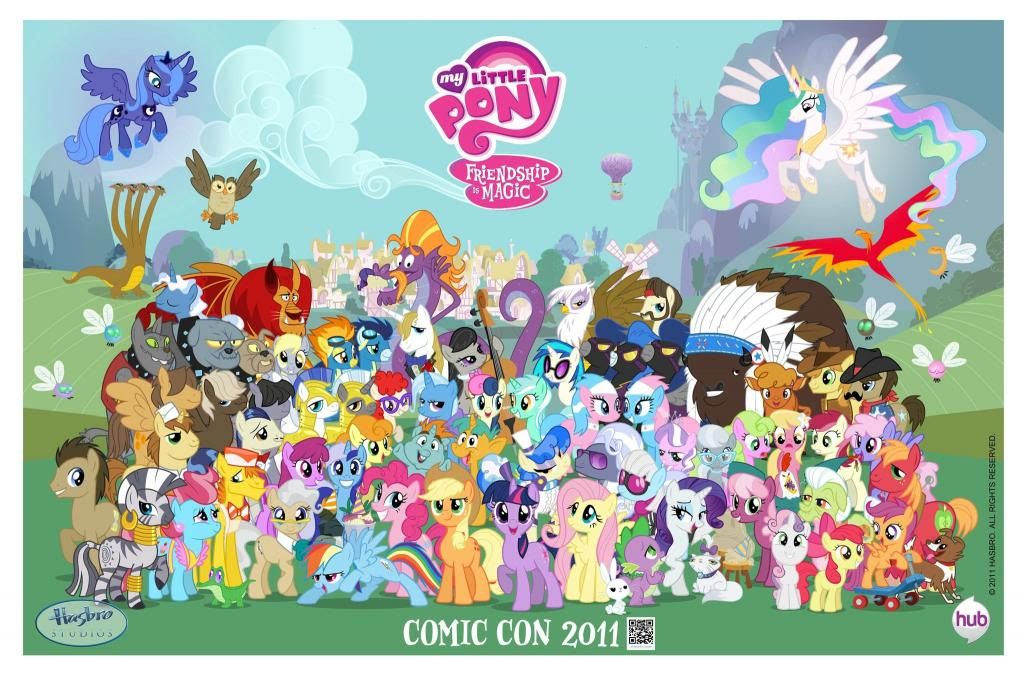
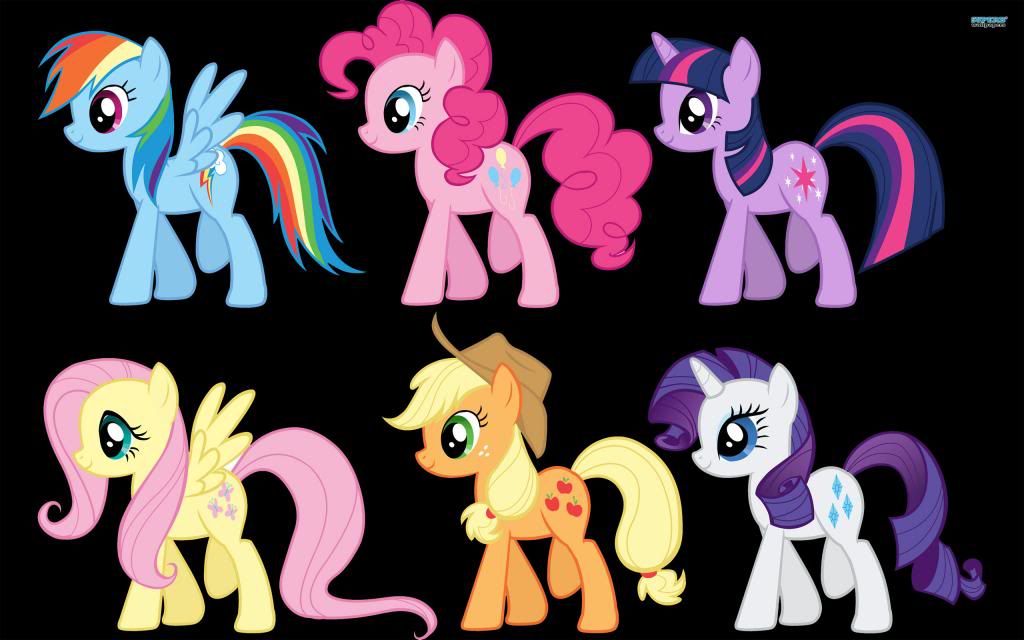
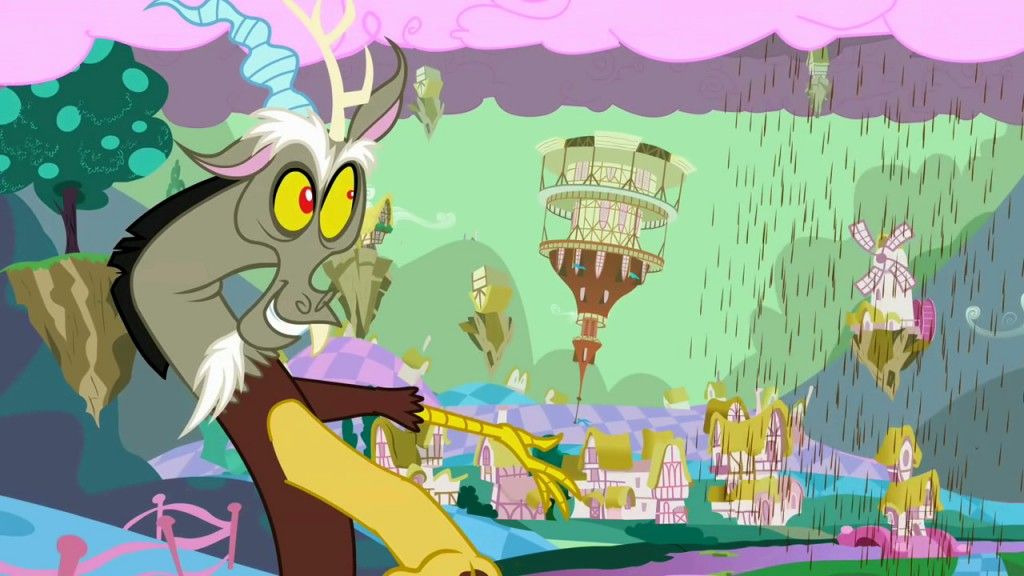
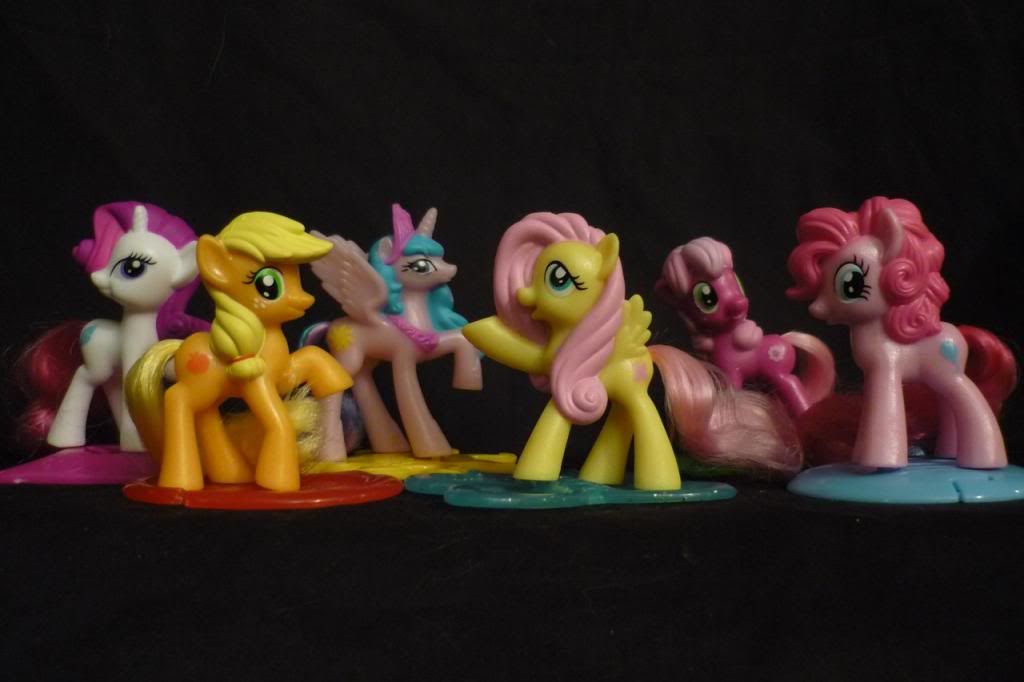









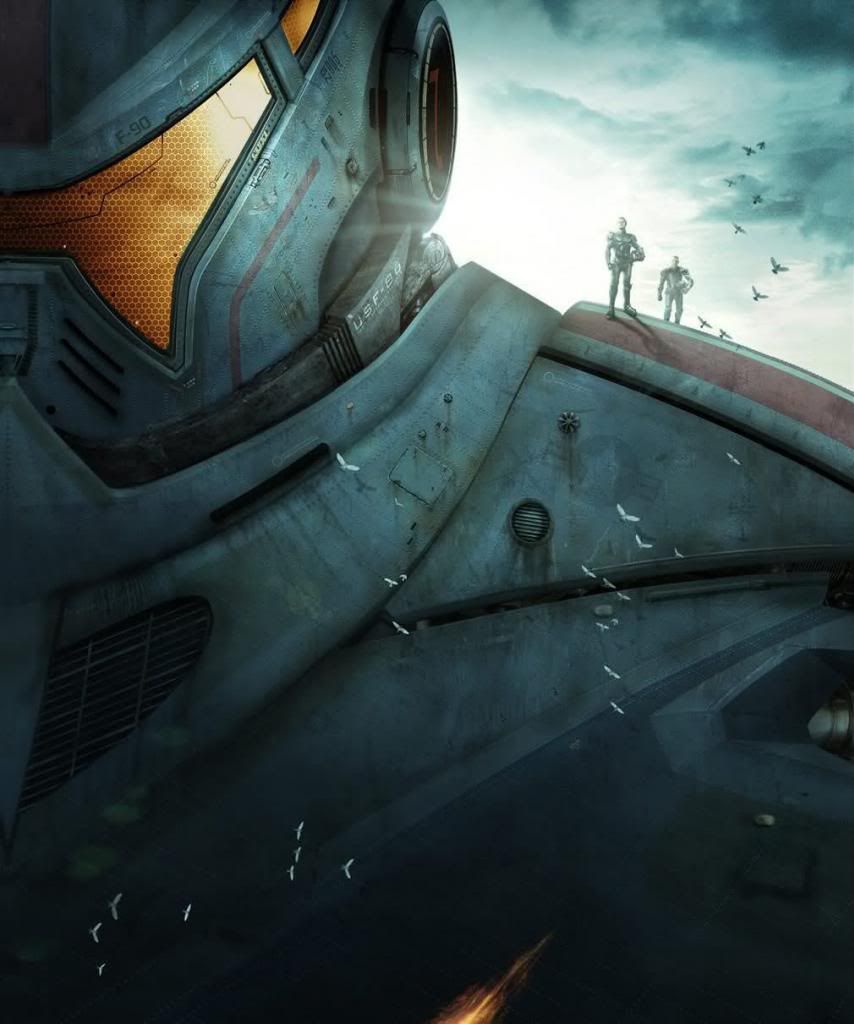
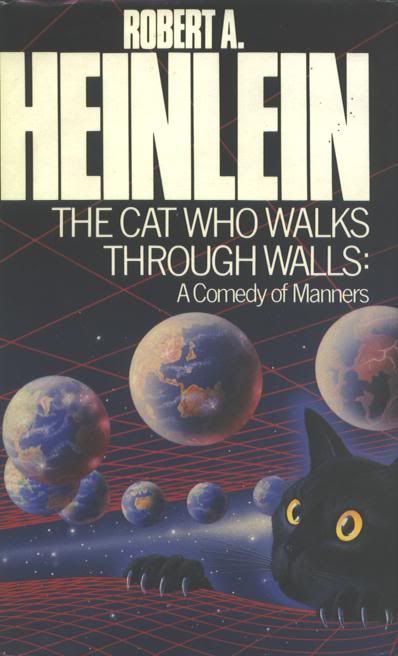 I've written on Heinlein several times, and even reviewed the one film adaptation of Starship Troopers. But the book that affected me the most deeply was The Cat Who Walks Through Walls. I had a copy of my fathers' that I read a few times, and I wish I knew where it was. That's a book that needs to be read again. For the most part, it's part hard science-fiction, part rumination on the nature of myth. As the story goes on, the sci-fi bits fade into the background as the ruminations grow. The concept of every myth being true, the erasure of characters and the part those characters play even when they're aware of being part of a myth grabbed hold of my twelve-year-old brain and didn't let go. But it was this, at the very end, that completely overwhelmed me.
I've written on Heinlein several times, and even reviewed the one film adaptation of Starship Troopers. But the book that affected me the most deeply was The Cat Who Walks Through Walls. I had a copy of my fathers' that I read a few times, and I wish I knew where it was. That's a book that needs to be read again. For the most part, it's part hard science-fiction, part rumination on the nature of myth. As the story goes on, the sci-fi bits fade into the background as the ruminations grow. The concept of every myth being true, the erasure of characters and the part those characters play even when they're aware of being part of a myth grabbed hold of my twelve-year-old brain and didn't let go. But it was this, at the very end, that completely overwhelmed me. "Who was writing our story? Was he going to let us live? Anyone who would kill a baby kitten is cruel, mean cruel. Whoever you are, I hate you. I despise you!"Now, a lot of the novel is admittedly forgettable. I want to read it again to see if that's because I was young and had even less retention than I do now, or if there's just a lot of filler in there. But the concept, the idea that worlds created by the writer of fiction are, in some way shape or form, real - that stuck with me. I put the book down and knew, on a deep level, I wanted to write stories like that for the rest of my life. I've lost sight of that goal, for varying reasons to varying degrees, multiple times over the last two decades. It's been there, in the back of my mind, sometimes growling at my ignoring it and sometimes screaming at me to get my shit together. I'm at a point where I can't not have a day job, but I've wasted enough time not writing. I need to work a steady job to keep myself and my family fed, housed and clothed, but I also need to keep writing. Hence the Free Fiction, the blogging and the stubborn refusal to return to a car-based commute. I can't write and drive at the same time. I write to create these new worlds and populate them with characters that other people can understand, relate to and maybe even sympathize with. I write to not necessarily change lives but to provide a means of escape. I write because, in the end, it makes me come alive like nothing else ever has. When I'm creating stories, I'm in a mental place that can be difficult for me to reach under other circumstances. It's a place where my energy is being focused in a way that both invigorates and calms me. And it's possible that the results of this creativity will be something other people can enjoy, something that helps them forget about their troubles and lay their burdens down, if just for a little while. I know I'm not saying anything that hasn't been said before, but it bears repeating, if only as a reminder to myself.
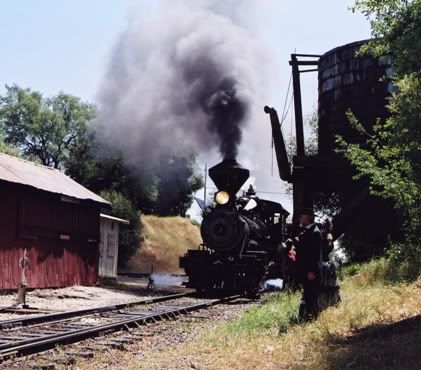
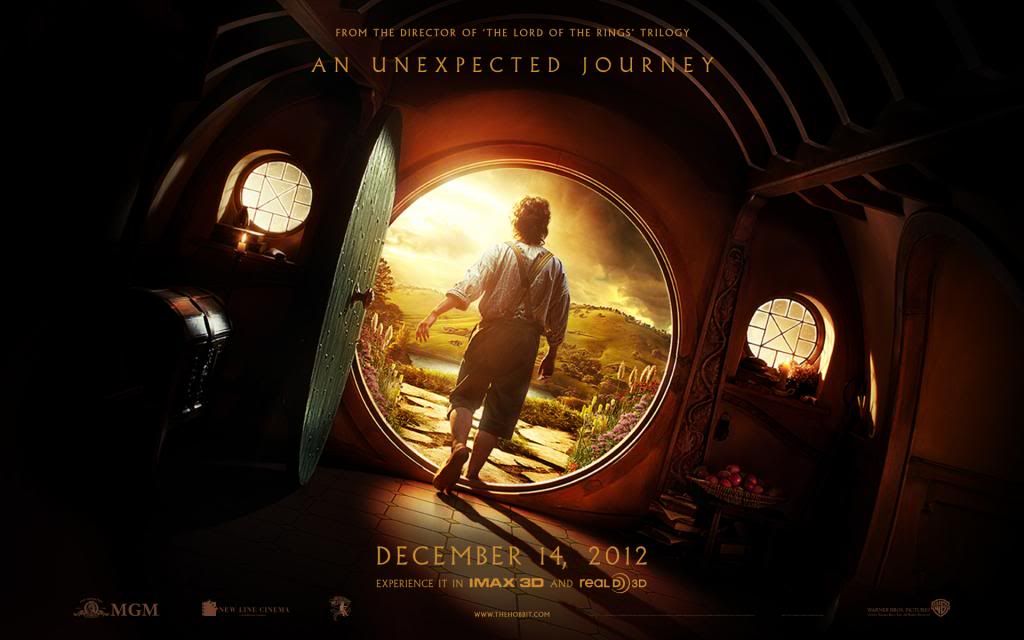
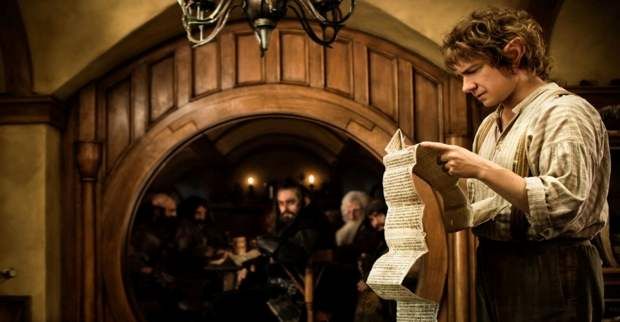
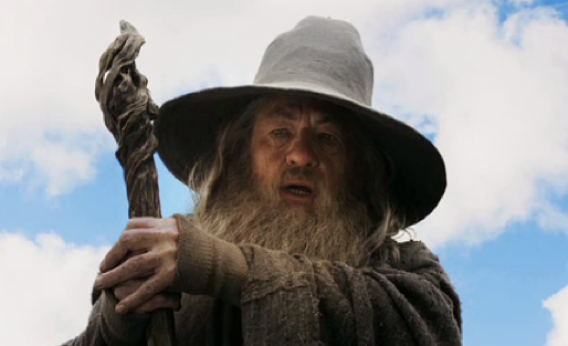
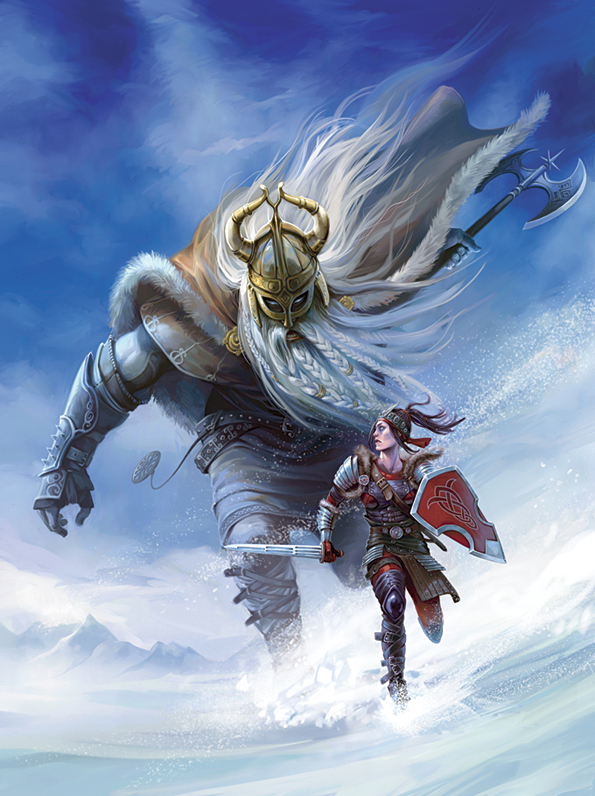


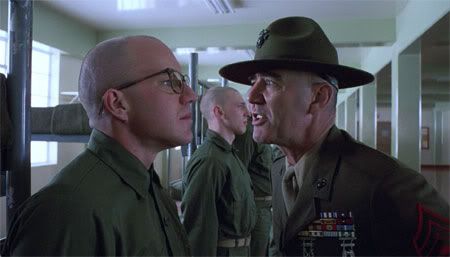
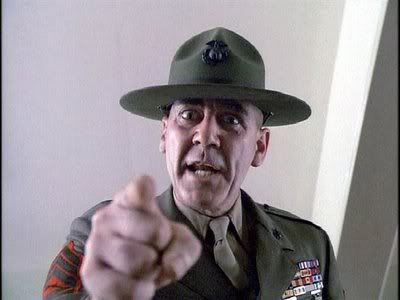

"Don't ask yourself what the world needs. Ask yourself what makes you come alive, and then go and do that. Because what the world needs is people who have come alive." - Harold WhitmanDrinking your cocoa from a mug of Shakespearean insults doesn't hurt, either.
